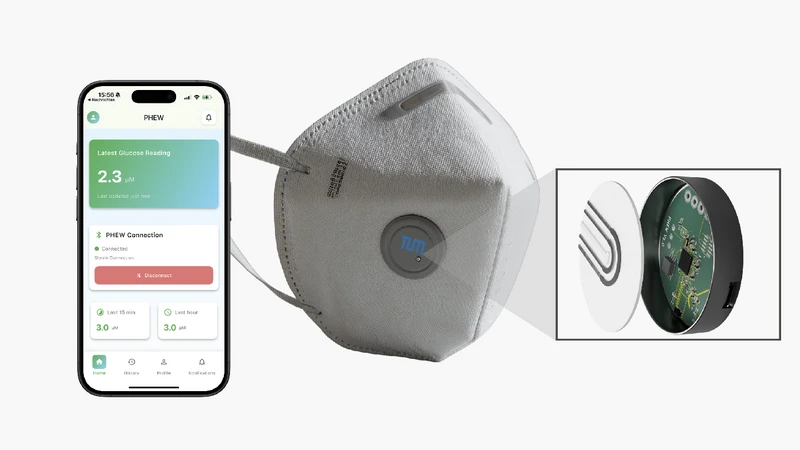Research
At the Professorship of Sensors and Wearables for Healthcare, led by Prof. Dr. Can Dincer, we pursue cutting-edge solutions for real-time, non-invasive, and personalized diagnostics. Our interdisciplinary research combines chemistry, engineering, microfluidics, and data science to shape the future of healthcare monitoring.
Electrochemical & Biosensors for Biofluids
We develop miniaturized electrochemical biosensors capable of detecting key biomarkers—such as antibiotics, hormones, and proteins—in non-blood biofluids like sweat, saliva, and interstitial fluid. These platforms are designed for non- or minimally invasive diagnostics, offering a practical alternative to conventional blood-based testing.
CRISPR-Enhanced Microfluidic miRNA Detection
Our team integrates CRISPR/Cas systems into microfluidic biosensors to detect microRNAs (miRNAs) with ultra-high sensitivity. By eliminating the need for complex amplification steps like PCR, we enable rapid and scalable point-of-care cancer and disease diagnostics.
Breath-Based Sensing Platforms
We pioneer paper-based sensors and wearable formats (e.g., facemasks) for the detection of volatile biomarkers in exhaled breath. These systems enable early, real-time monitoring of respiratory health conditions, including inflammation and infection.

Microfluidic Signal Amplification & Multiplexing
We design compact lab-on-a-chip platforms using stop-flow enrichment and multiplexing techniques. These innovations dramatically improve signal strength and allow simultaneous detection of multiple analytes—essential for complex diagnostics in minimal sample volumes.
Data Science & AI-Driven Health Monitoring
By combining sensor technologies with advanced signal processing and machine learning, we create intelligent diagnostic systems that adapt to users. Our data-driven approaches support predictive diagnostics and continuous health monitoring in wearable and mobile platforms.
